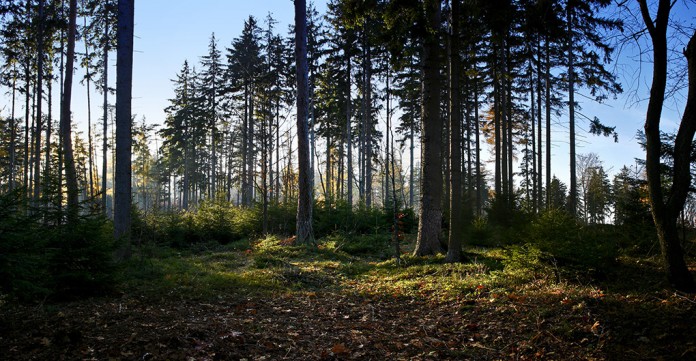Refuge Mission, Public Access and Fate of Bison Herd Placed at Tribal Discretion
Washington, DC — A plan to take over the National Bison Range being circulated by local tribes raises more questions than it answers while digging big legal pitfalls, according to a letter sent today by Public Employees for Environmental Responsibility (PEER) to Montana’s congressional delegation. Once the refuge is handed over to the Confederated Salish and Kootenai Tribes (CSKT) there is no guarantee that the public will have access, that it will operate as a refuge or that its bison herd will remain.
The CSKT began circulating a mock-up of legislation earlier this month after the U.S. Fish & Wildlife Service indicated that it would sponsor or support legislation authorizing the first major surrender of a national wildlife refuge in American history. PEER has sued the Service because it ignored statutory requirements that it conduct an environmental analysis prior to making any such proposal.
Besides lacking enforceable assurances that the CSKT would operate National Bison Range as a refuge, admit the public or keep the bison, the CSKT draft would allow the land to be used for “other purposes,” preclude any legal challenges about conflicting uses and preclude application of federal or state law.
“Under the tribes’ plan, the CSKT could turn the Bison Range into an auto race track, gravel mine or casino and there would be absolutely no recourse,” stated PEER Senior Counsel Paula Dinerstein, who brought both the current suit against the Fish & Wildlife Service as well as the earlier successful suit ending a joint-management pact in 2012. “We are pressing the Service to do a thorough analysis of what the loss of the refuge system’s Crown Jewel would mean, including the loss of this unique and vital herd for the future of the national mammal.”
Besides the large unresolved question marks, the CSKT draft would also –
• Leave U.S. taxpayers on the hook to make further payments, even after giving away properties valued at more than $100 million, to the CSKT;
• Cast a legal cloud over the title of 4,834 privately-held land parcels (consisting of nearly 500,000 acres) within the boundaries of the Flathead Indian Reservation by giving the CSKT a legal claim on all lands within the reservation; and
• Suspend application of the National Environmental Policy Act on any action taken affecting the Bison Range, thus precluding any further environmental analyses, while also precluding any legal actions against the government regarding management of the Bison Range, either pre- or post-transfer.
“Why should American taxpayers owe more money to the Tribes after giving them the entire Bison Range and every asset on it?” asked Dinerstein, noting the fiscal strain on the already cash-starved National Wildlife Refuge System. “We are asking the Montana delegation to take a very hard look at this incredibly one-sided proposal and demand that the Service provide a full accounting of its implications before taking another step.”
Revisit FWS announcement of plan to cede National Bison Range





